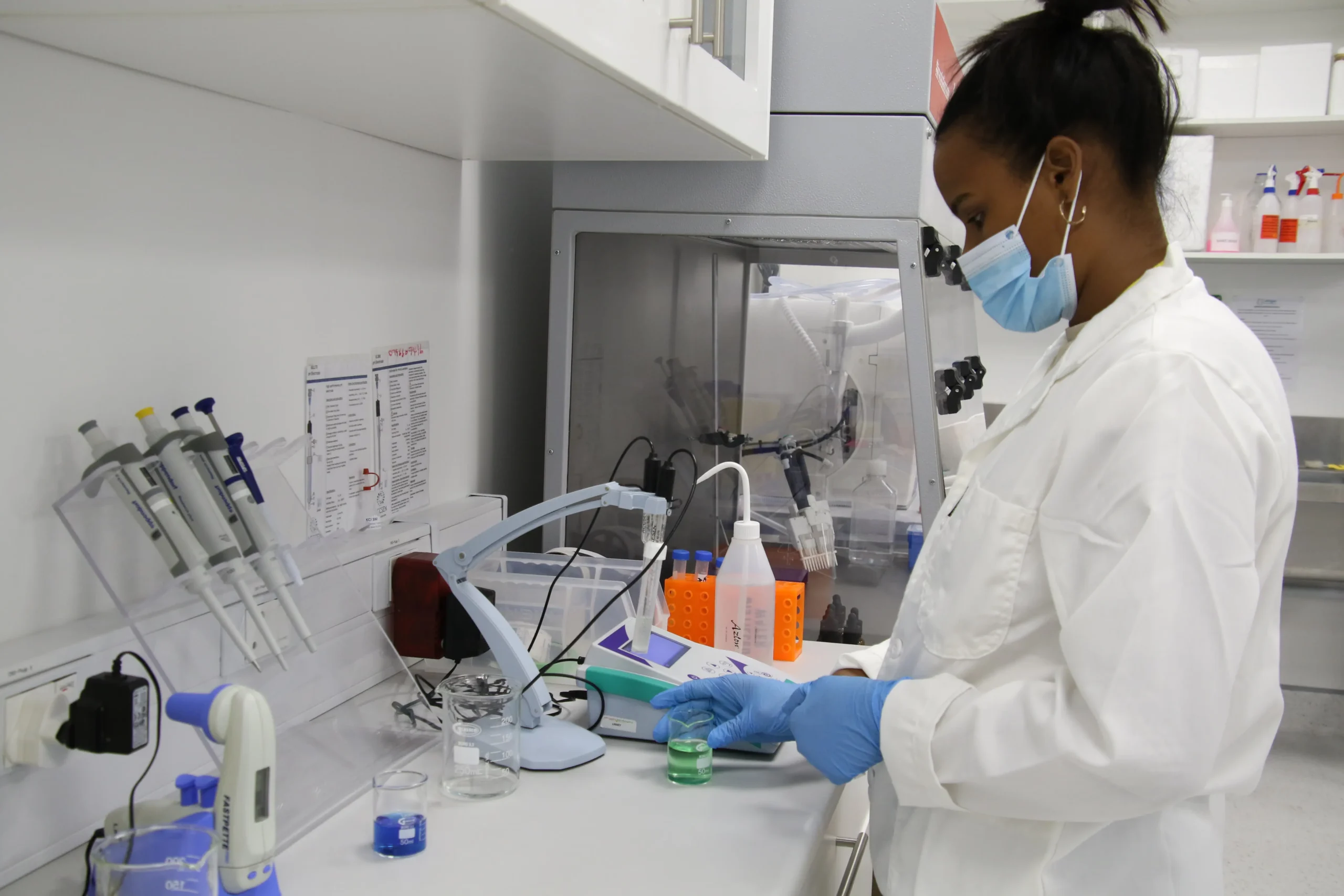Built in Africa, for Africans, is the new vision for a growing range of healthcare solutions in the continent.
Nigerians have long relied on imported medicines, with rising costs and shortages leaving millions untreated. Now, a new partnership aims to address these problems.
At the 9th Tokyo International Conference on African Development held at Yokohama, Japan, Fidson Healthcare Plc, a leading Nigerian pharmaceutical company, signed a memorandum of understanding with Japan’s Ohara Pharmaceutical Co., Ltd that will open doors to technical expertise, advanced production processes and specialised medicines tailored to Africa’s unique health challenges.
Wider innovations in healthcare
This partnership is part of larger efforts to minimise drug imports across the continent. In Ghana, local pharmaceutical initiatives such as the Atlantic Life Sciences (ALS) and DEK Vaccines Limited are scaling up vaccine production for the growing populace.
By building new manufacturing facilities and enhancing local expertise, these initiatives reduce Ghana’s dependence on imported vaccines
In Rwanda, the Messenger Ribonucleic Acid (mRNA) vaccine facility recently opened its doors with support from BioNTech.
South Africa’s Aspen Pharmacare is now manufacturing vaccines under global licensing deals, while Morocco is investing heavily in pharmaceutical hubs.
These efforts mirror Fidson’s bold move, which is taking ownership of Africa’s medicine supply.
At home in Nigeria, the National Agency for Food and Drugs Administration and Control (NAFDAC) has accelerated drug registration processes, making it easier for local firms to meet demand without waiting endlessly for approvals.
Together, these solutions represent a shift from dependence on foreign suppliers to a vision of African healthcare built in Africa, for Africans.
Back in 2019, when Fidson first partnered with Ohara, the focus was on paediatric oncology and generic medicines – two critical areas for millions of African families.
Mothers who once had to wait for months to access chemotherapy drugs for their children could now look forward to faster, local access.
The new agreement takes this even further. By venturing into active pharmaceutical ingredient (API) production, Fidson is tackling one of Africa’s deepest vulnerabilities, which is the importation of raw materials.
With Ohara’s expertise, Nigeria could soon produce these medicines, reducing costs and ensuring supply stability.
Complementary healthcare solutions
But producing medicine is only half the battle; making it accessible is the true test. In Nigeria, where millions live below the poverty line, affordability often determines whether treatment is even an option.
That is where complementary solutions step in. Health insurance schemes like the National Health Insurance Authority are expanding coverage, while international partners such as the Global Fund and Gavi are working with governments to subsidise essential medicines.
Imagine a child in Kano receiving life-saving antibiotics produced in Lagos at a fraction of the cost, or a mother in rural Enugu accessing chemotherapy drugs without having to sell her farmland.
Combined with these financial and policy interventions, the Fidson-Ohara alliance offers a picture of healthcare that is both locally produced and equitably distributed.
The story of Fidson and Ohara is ultimately about possibility. It shows what can happen when trust and innovation meet on the global stage – in this case, quality healthcare for millions of citizens.
It reminds us that Africa’s healthcare crisis is not unsolvable but requires the right blend of local commitment and international partnership.
From Tokyo’s conference halls to Nigeria’s hospital wards, this partnership echoes a message of resilience: that Africa can produce its own medicines, regulate its own markets and care for its own people.
Summary not available at this time.






